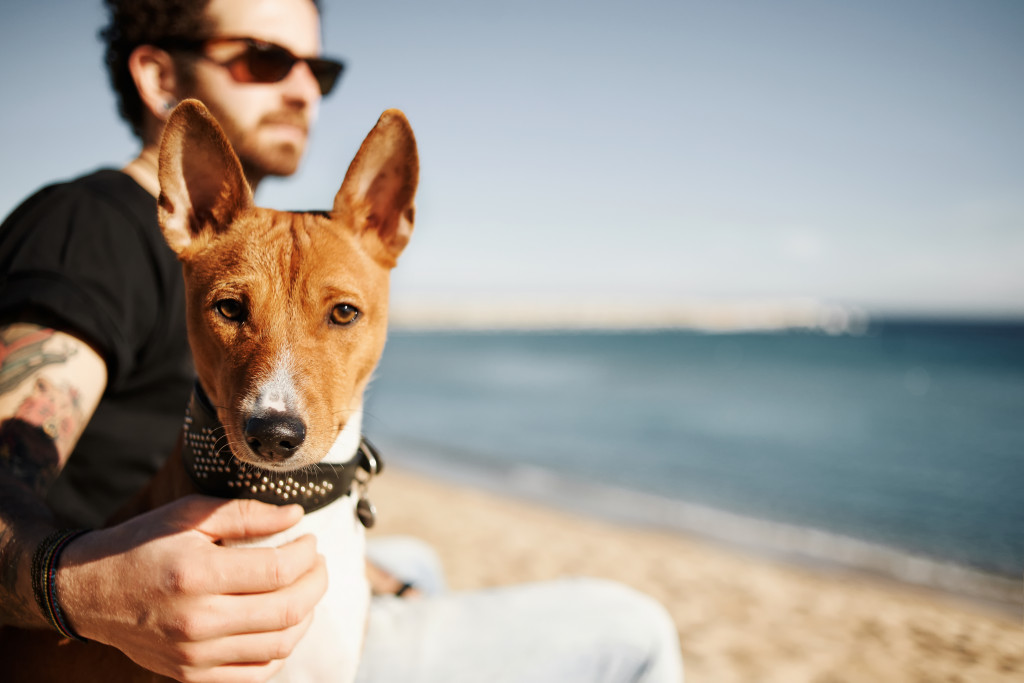You’ve caught the travel bug, and there’s no turning back. From now on, life will be one epic adventure after another. But wait—what about your furry (or scaly) best friend? Traveling with a pet may seem daunting, but it’s doable with a little bit of advance planning. Here are six things to consider before living the nomadic life with your pet.
Where will you go?
The first step is to figure out where in the world you want to roam. Do you want to stick close to home or venture out further afield? Keep in mind that some countries have stricter pet entry requirements than others. Once you’ve decided on your destination (or destinations), research the best places to stay that are pet-friendly. This will likely involve booking accommodation in advance, which is fine—you can always change your plans if necessary. However, if you still can’t figure out where to go, here are some of the best countries for pet travel:
- New Zealand
- Australia
- Chile
- Croatia
- Cyprus
- Czech Republic
- Denmark
- Finland
- France
How will you get there?
If you’re flying, you’ll need to find an airline that allows pets and ensure your animal meets their size and health requirements. Some airlines only allow certain types of animals in the cabin, so double-check before booking your tickets. If you’re driving, map out your route and plan for plenty of rest stops along the way—your pet will need to stretch their legs and use the bathroom just as much as you do!
For most nomads, an overland truck is the best way to travel with a pet. It provides ample space for both you and your animal to relax and sleep, plus it has room to store all the bedding, food, and toys you’ll need for the journey. And if you outfit your truck with bed rack accessories, you can bring along larger items like a dog crate or cat carrier.
What kind of vaccinations does your pet need?

Before hitting the road, ensure your pet is up-to-date on all their vaccinations—you may even need proof of immunization when crossing international borders. Your vet can also help you create a first-aid kit tailored to your animal’s needs. Here are some of the most important vaccinations for pet travel:
- Rabies Vaccination-This is a must for any animal that will be traveling internationally.
- DHLPP Vaccination (for dogs)-This protects against distemper, hepatitis, leptospirosis, parvovirus, and parainfluenza.
- FVRCP Vaccination (for cats) protects against feline viral rhinotracheitis, calicivirus, and panleukopenia.
- Bordetella Vaccination-This is sometimes required by kennels and boarding facilities. It protects against Bordetella bronchiseptica, a bacteria that can cause respiratory infections.
What challenges will your pet face on the road?
If your animal isn’t used to spending long periods in a car or being crated, they may have some challenges adjusting to life on the road at first. Be patient and give them plenty of time to adjust—they’ll get there eventually! In the meantime, try short trips around town, so they can get used to being away from home without being overwhelmed by constant changes in scenery. Overall, here are the common challenges that pet nomads face:
- Boredom-Animals can get bored just as quickly as humans, so bringing along plenty of toys and bedding to keep them occupied is essential.
- Anxiety-Some animals may experience anxiety when away from home, especially if they’re not used to traveling. This can manifest in destructive behavior or excessive vocalization.
- Loneliness- If you’re working long hours or traveling solo, your pet may feel lonely. Be sure to give them plenty of attention when you can, and look into dog daycare or cat-sitting services in your area.
How will this affect your travel insurance policy?
Most standard travel insurance policies won’t cover pets, so you’ll need to purchase a separate policy for your animal or look for a company that offers pet-friendly coverage. Be sure to read the fine print carefully, so you know precisely what is and isn’t covered before buying anything—you don’t want any nasty surprises down the line!
What if something happens to you while you’re away?
No one likes thinking about worst-case scenarios, but it’s important to have a plan in place just in case something happens to you while you’re away from home. If possible, leave detailed instructions with someone you trust about how to care for your pet if they need to step in at a moment’s notice—including where they can find your insurance information, vet records, etc.. You may also want to consider enrolling them in a microchipping program, so they can always be easily identified if they should happen to get lost along the way.
Final thoughts
A life filled with wanderlust is an amazing thing—but it doesn’t have to mean leaving your beloved pet behind! With careful planning (and maybe a little extra preparation), it’s entirely possible for both of you to enjoy all that life on the open road has to offer. Bon voyage!

